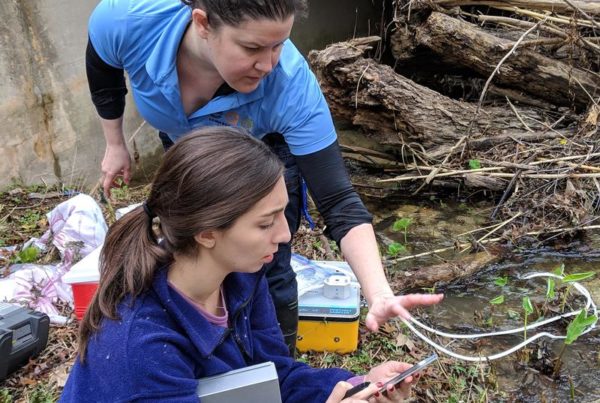The start of a new year also means new laws are going into effect in Texas. University of Houston Political Science Professor Brandon Rottinghaus selected four that he says everyone should know about.
Human trafficking
Sexually oriented businesses must now post human-trafficking hotline information in their bathrooms. Rottinghaus says the University of Texas at Austin School of Social Work estimates 300,000 people in Texas are victims of human trafficking – a higher rate than in other states. The law is based on recommendations from the state’s human-trafficking task force.
“It also requires public junior colleges and career schools that offer a commercial license of some kind to include … some kind of education and training on prevention of human trafficking,” Rottinghaus says.
Campaign finance reform
Rottinghaus says Texas has a bad reputation when it comes to campaign ethics rules. The state ranks 38th out of 50 in a Center for Public Integrity list. The new law prohibits lawmakers who leave office from spending leftover campaign funds for two years. After two years, the former lawmaker can use the campaign funds.
More courts
Rottinghaus says that with a population of 28 million people, Texas courts face an increased workload at all levels. The new law allows more courts to be created, and adjusts court boundaries.
“Part of this has already gone into effect,” Rottinghaus says. “The part for 2019 includes new courts in Travis County, Denton County and Hidalgo County – not surprisingly, all areas where the state’s population is booming.”
Disclosure and ethics reform
If an elected official’s nongovernment job includes selling goods or services to a city or other local government entity, he or she is now required to complete a financial disclosure form.
“A member of the legislature may have a contract to provide professional services to a city,” Rottinghaus says. “They would have to disclose that.”
The law applies to both legislators and candidates for office.
Written by Shelly Brisbin.
















